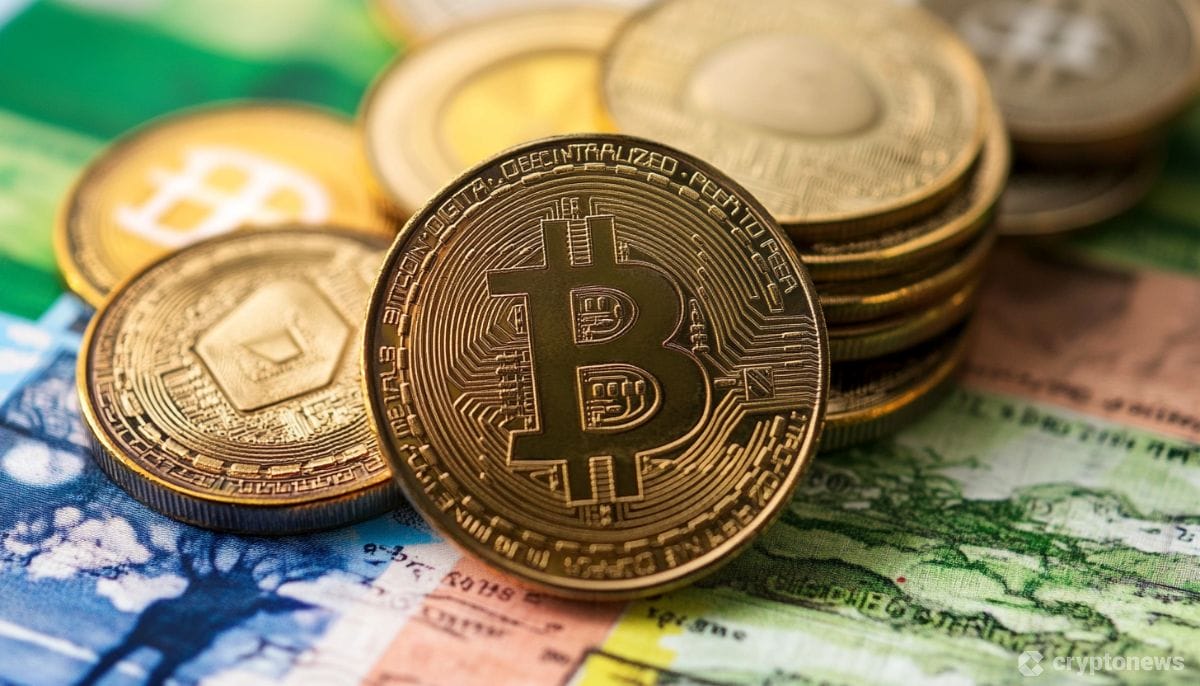Last updated:
 Why Trust Cryptonews
Why Trust Cryptonews

The Central Bank of Brazil opened applications on October 14 for companies to participate in the second phase of its digital currency (CBDC) pilot, Drex.
From October 14 to November 29, firms can submit proposals to contribute to the project to enhance Brazil’s financial system through tokenization.
Brazil Central Bank announced that the next phase will expand beyond the initial consortiums, as 13 complex use cases have already been approved. The new phase introduces more complex use cases, such as loans backed by custodial assets, carbon credits, agribusiness bonds, and foreign trade transactions.
Is Tokenization the Future of Finance? Brazil’s Bold Move Amidst Global CBDC Trends
According to a Valor report, this expansion follows the initial phase, during which 16 consortiums, most of them bank-led, tested the registration of the Brazilian real in a decentralized digital network. The project also explored tokenized federal government bonds.
The Central Bank has expressed interest in adding more participants and exploring advanced technology applications. Applicants will also continue testing privacy solutions, as previous efforts have yet to resolve the challenge of securely hiding transactions between participants on a scalable level.
In the previous phase, no company—among Zether, Starlight, Rayls, and ZKP Nova—resolved the issue of scalable transaction privacy.
At a recent event in Rio de Janeiro, João Pedro Nascimento, president of the Brazilian Securities and Exchange Commission (CVM), emphasized that tokenization is a permanent business model and that the crypto industry must operate in a “regulatory-compliant” manner.
He believes integrating blockchain into traditional financial assets can improve the distribution of investment products.
However, experts cautioned that blockchain technology is not a one-size-fits-all solution. George Marcel Smetana from Bradesco questioned whether disintermediation in blockchain actually results in tangible benefits.
Similarly, Jochen Mielke de Lima, CEO of B3 Digitas, also shared a similar sentiment and stressed the importance of governance in distributed systems.
He warned that removing central depositories could pose risks, particularly in managing liens and asset ownership.
Brazil Accelerates CBDC Development and Open Finance Initiative
Brazil is pushing forward with its Central Bank Digital Currency (CBDC) initiative, Drex, while also accelerating tokenization through an Open Finance platform.
As part of a global trend, Brazil is among 65 countries in the advanced stages of CBDC development. China’s digital renminbi (e-CNY) has already recorded 180 million personal wallets and over 7.3 trillion Yuan ($1.02 trillion) in transactions as of October 11.
In addition to its CBDC efforts, Brazil is set to enhance its nationwide tokenization initiatives through an Open Finance platform. The central bank envisions this platform as a marketplace that offers users various banking and payment options, including CBDCs.
According to the central bank’s vision, the marketplace will promote “competition by channel and for principality” and greatly foster innovation in the financial sector.
Amid these government initiatives, private crypto firms are also working to expand digital asset payment options for Brazilians.
Notably, on October 3, Ripple announced a partnership with Mercado Bitcoin, a leading Brazilian cryptocurrency exchange.
This collaboration seeks to launch cross-border crypto payments, enabling businesses in Brazil to execute “faster, cheaper, more efficient” transactions globally.
Ripple stated that the new payment tool will allow for payment settlements in just minutes, providing a 24/7 solution for cross-border transactions.
















